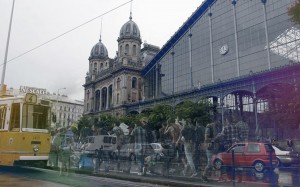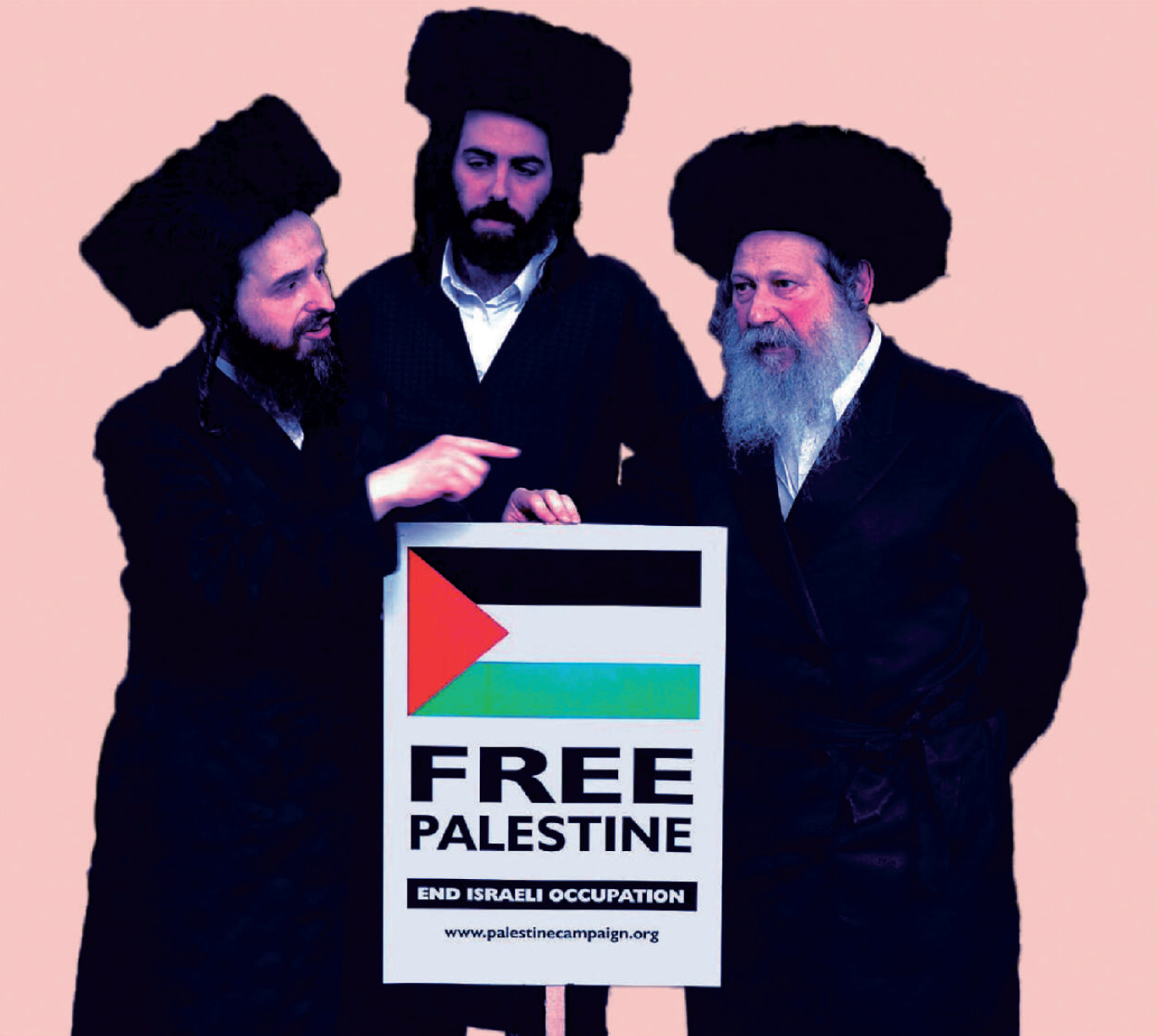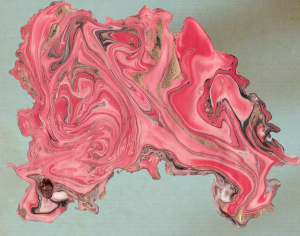
Very tiny countries
by Christian Amos | March 16, 2016
Micronations are self-proclaimed states, sometimes partially—but almost never universally—recognised. There are as many as 200 known micronations in the world today, ranging from political protests to eccentric experiments. Many are permeated by a spirit of rebellion and subversion—from Akhzivland, founded by an Israeli man frustrated at the government for demolishing his illegally constructed house, to the non-territorial ‘Nova Roma’ designed by revivalists seeking to reestablish ancient Rome. We imagine lines drawn on maps in the conference rooms of Brussels, Moscow or New York, but people can take ‘nationhood’ into their own hands.
For people in the United Kingdom, perhaps the most well-known micronation is The Principality of Sealand, off the coast of Suffolk. It had been used as an anti-aircraft gun platform during the Second World War, and in the 1950s it fell into disrepair. In 1965, Jack Moore and his daughter Jane seized this offshore platform with the intention of using the high seas to host a pirate radio station. In 1967, rival pirate radio enthusiast Paddy Roy Bates staged a decisive coup d’etat against the Moores, and declared the platform’s independence as Sealand. The next year, Bates’ son Michael entered into a scuffle with workmen trespassing in the waters of the self-proclaimed micronation, and warning shots were fired. A court case was started, but failed to proceed as the court ruled that the platform was outside British territorial limits.
Given its idiosyncratic history, Sealand has made a concerted attempt to be a micronation. Sealand’s government has introduced currency, passports, and a national anthem. What’s more, the official website of the principality offers prospective citizens the opportunity to purchase titles —for £29.99 anyone can become a Lord, Lady, Baron or Baroness of Sealand. Sealand reveals the arbitrary needlework that stitches together nationality. The fact that the British government built something in the sea off the coast of Suffolk that doesn’t—under international law—constitute British sovereign territory is absurd. It exposes how sovereign territories have come into being by historical accident.
Micronations usually have an explicitly political point to make, usually in the form of idealistic defiance against existing nations. Only last year, the Free Republic of Liberland declared itself an independent nation—claiming a parcel of dispute land between Croatia and Serbia on the western bank of the Danube River. Vit Jedlička, a Czech libertarian politician, declared the independence of the nation, asserting that the territory was unclaimed. As a libertarian, Jedlička wishes to see Liberland become a libertarian utopia. He supports the idea of voluntary taxation, and has mentioned the possibility of hosting an event in which everything would be sold tax-free.
Libertarian idealism seems to be common to micronations. People who resent the encroachment of the state—principally its laws and taxes—sometimes create these international bubbles of unrecognised freedom to experiment in new ideas. Moreover, experimentation in new ideas, even if in name only, is often used to promote change in other nations. The Gay and Lesbian Kingdom of the Coral Sea Islands (GLKCSI) is a good example of this. Whereas Jedlicka’s Liberland was intended as a social experiment to further libertarian ideas, the Gay and Lesbian Kingdom was established as a libertarian, lawless state—free from the burdens of taxation and public duties—which was intended to promote change in Australia. After the Australian government refused to recognise same-sex marriages, a group of Australian activists left their country in 2004 and sailed 200 miles to an island off the Great Barrier Reef. A rainbow flag was hoisted on the highest spot, and the self-proclaimed kingdom was established. The nation has no population or infrastructure, but does have an official leader. The kingdom appointed Dale Parker Anderson as Emperor, who told the Sydney Star Observer “no one else would do it…it’s a bit hard to get there because there’s no harbor and you have to park the boat off the reef and wait for a wave.” The Declaration of Independence includes the line “Discrimination against gay and lesbian people is as morally repugnant as racism or anti-Semitism” and goes on to explain how the burdens imposed on gay and lesbian people justify independence. Amidst the bravado and publicity of all this, a point is being made – how can nation states protect the interests of citizens with transnational personal identities? If Australian law cannot safeguard those interests and rights, who can?
Micronations hold up a mirror to the idea of the nation state; they provoke us into questioning what constitutes nationality. After all, isn’t it simply a matter of symbolism and aesthetics? Isn’t Britain, as it moves through the twenty-first century, becoming more culturally and ethnically diverse? Politically too, people have wide differences of opinion on how the country should be run. So what holds us together as a ‘nation state’?
Micronations challenge us to think about how imitable – how easily satirised – the nation-state is. The question is whether we’re more than national stereotypes, flags, national anthems, and history. As the world becomes increasingly connected, through cheap flights and the power of social media, we should reconsider identity. People no longer identify as part of a social class, and they no longer feel part of their neighbourhood communities. Nationality is no different. Identity is a changing part of human societies; nationality appeared in the last few hundred years but will probably disappear one day. We always feel a need to identify within a group. There’s no solution because there’s no problem; no one should be lamenting the death of the nation state. The nation state is continually appropriated, and even satirised, to achieve political goals and personal ambitions. Micronations make us reflect on a world in which the ‘nation state’ is no longer the binding-glue of society.
Image by tanakawho



